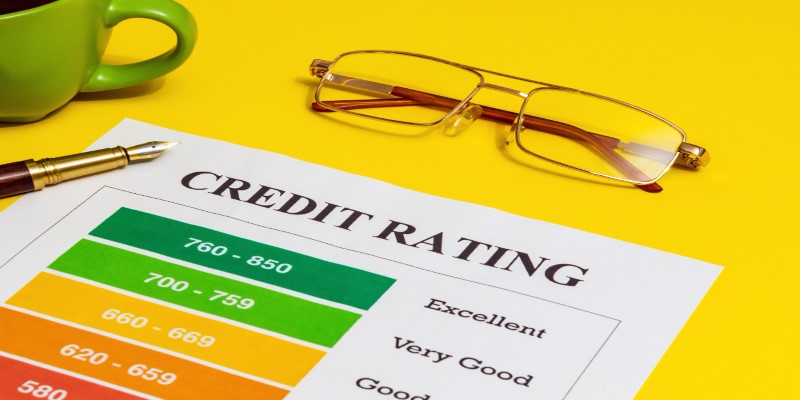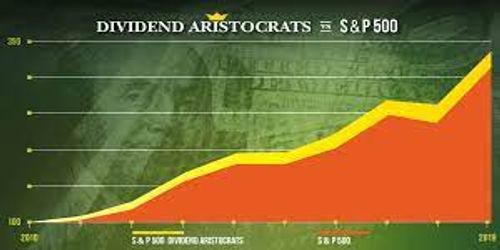Junk bonds, also known as high-yield bonds, offer investors the potential for higher returns but come with increased risk due to their lower credit ratings. Understanding how these bonds work, their pros and cons, and whether they're suitable for your investment goals is crucial.
This comprehensive guide explores the mechanics of junk bonds, their advantages and disadvantages, and key factors to consider before investing. Whether you're seeking income generation or capital appreciation, evaluating your risk tolerance and market conditions can help you make informed decisions about incorporating junk bonds into your investment portfolio.
Top of Form
What are Junk Bonds?
Junk bonds, often referred to as high-yield bonds, represent debt securities issued by companies or entities with lower credit ratings compared to investment-grade bonds. The distinguishing characteristic of junk bonds lies in their propensity to provide elevated yields or interest rates, serving as a form of compensation for investors who bear the augmented risk of default associated with these instruments.
How Do Junk Bonds Work?
To understand the mechanics of junk bonds, let's delve into their issuance, risk level, yield, credit ratings, and market demand. Here's a breakdown of how junk bonds operate:
Issuance: Companies or entities in need of capital issue junk bonds to raise funds for various purposes, such as expansion, acquisitions, or debt refinancing.
Risk Level: Junk bonds are considered riskier investments compared to investment-grade bonds because the issuers have lower credit ratings. This means there's a higher chance of default, which could result in investors losing some or all of their investments.
Yield: The higher risk associated with junk bonds is reflected in their higher yields. Investors demand a higher return to compensate for the increased likelihood of default. These higher yields can be attractive to investors seeking greater potential returns, but they come with greater risk.
Credit Ratings: Junk bonds are typically rated below investment grade by credit rating agencies like Standard & Poor's, Moody's, and Fitch. Ratings for junk bonds usually range from BB or Ba and below, indicating a higher risk of default.

Market Demand: Despite their higher risk, junk bonds can still be appealing to investors looking for higher yields in a low-interest-rate environment. However, market demand for junk bonds can fluctuate based on economic conditions, investor sentiment, and changes in interest rates.
Pros and Cons of Investing in Junk Bonds
Considering the potential benefits and drawbacks of investing in junk bonds is crucial for making informed decisions about your investment portfolio. Here's what you need to know:
Pros
Higher Yields: Junk bonds offer higher yields compared to investment-grade bonds, providing the potential for greater returns.
Diversification: Including junk bonds in a diversified investment portfolio can help spread risk and potentially enhance overall returns.
Income Generation: For income-oriented investors, junk bonds can provide a steady stream of income through their higher interest payments.
Potential for Capital Appreciation: In addition to higher yields, junk bonds may also offer the potential for capital appreciation if the issuer's credit quality improves over time.
Opportunity for Contrarian Investing: Investing in junk bonds during periods of market pessimism can present opportunities for contrarian investors to capitalize on potential price appreciation as market sentiment improves.
Cons
Higher Risk of Default: Junk bonds carry a higher risk of default compared to investment-grade bonds, which can result in losses for investors.
Market Volatility: Junk bond prices can be more volatile than those of investment-grade bonds, subjecting investors to greater fluctuations in value.
Credit Risk: Investors in junk bonds face the risk of credit downgrades or defaults by the issuers, which can negatively impact the value of their investments.
Liquidity Concerns: Junk bonds can be harder to buy or sell at the prices you want, especially when the market is down because they often have less liquidity compared to investment-grade bonds.
Interest Rate Sensitivity: Junk bonds are sensitive to changes in interest rates, which can affect their market value and investor returns, particularly in rising-rate environments.
Are Junk Bonds Right for You?
Deciding whether to invest in junk bonds depends on your risk tolerance, investment objectives, and overall financial situation. Here are some factors to consider:
Risk Tolerance: Assess your comfort level with risk. If you can handle higher volatility and the possibility of default, junk bonds might fit your risk profile.
Investment Goals: Evaluate whether your investment goals align with the characteristics of junk bonds, such as their potential for higher yields and income generation.
Diversification: Explore how incorporating junk bonds into a diversified investment portfolio can help spread risk. Investing in various types of assets can help balance out some of the risks linked to junk bonds.
Market Conditions: Stay vigilant about economic indicators, interest rate movements, and market sentiment. These factors play a crucial role in determining the performance of junk bonds and can guide your investment decisions.
Credit Quality: Consider the credit quality of the issuers behind the junk bonds you're considering. Conduct thorough research to assess the financial health and stability of these companies or entities to gauge the likelihood of default.

Duration of Investment: Evaluate your investment horizon and whether it aligns with the maturity dates of the junk bonds you're considering. Junk bonds may be more suitable for investors with a longer time horizon who can ride out short-term fluctuations in value.
Conclusion
Junk bonds can give you bigger returns, but they're riskier because they have lower credit ratings. While they can diversify a portfolio and provide income, investors must carefully assess their risk tolerance, investment goals, and market conditions before investing.
Factors like credit quality and investment horizon also play crucial roles. Ultimately, consulting with a financial advisor is prudent to ensure that junk bonds align with one's investment objectives and risk appetite. By understanding the intricacies of junk bonds, investors can make informed decisions to navigate the complexities of the financial markets effectively.



